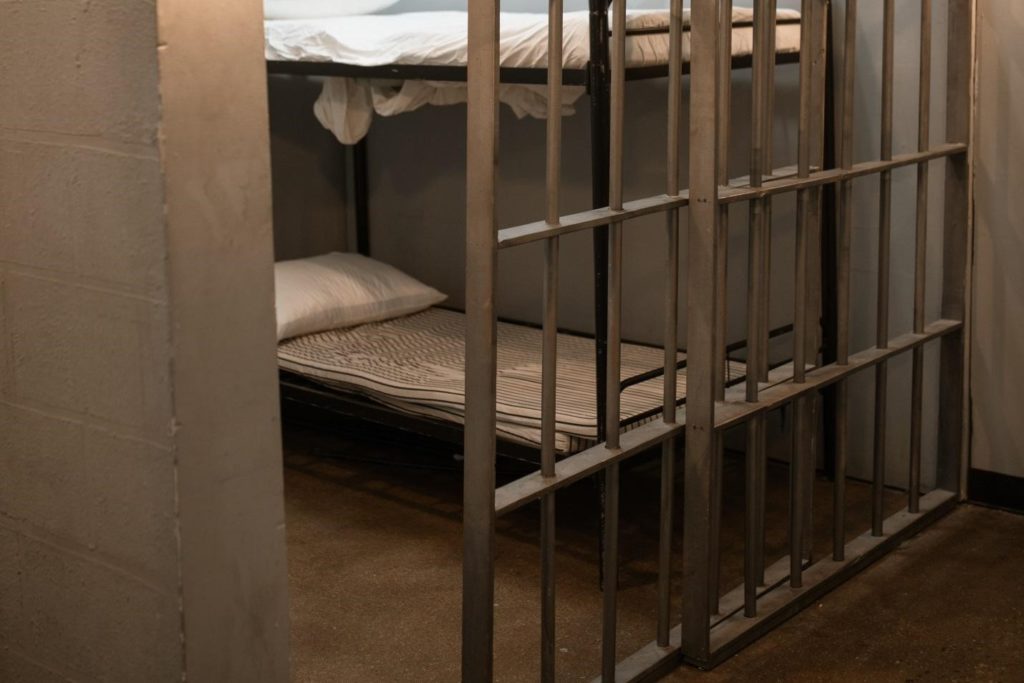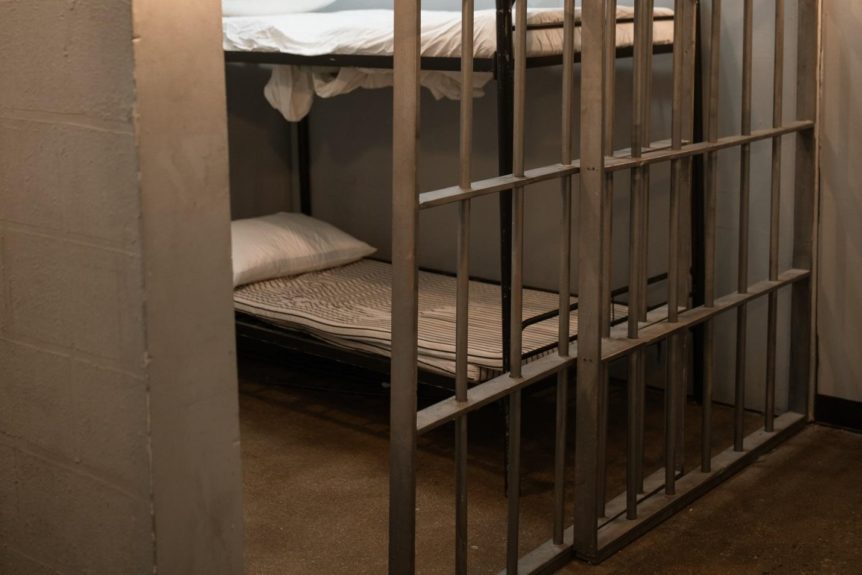The words “jail” and “prison” are often used interchangeably. While both terms generally refer to incarceration, they’re not the same.
Incarceration of any kind is a punishment. It is designed to be unpleasant. That said, the policies and rights that define the day-to-day life of inmates are quite different in the two institutions.
What exactly is the difference between jail and prison? Here’s everything you need to know.
Jail vs Prison
At the most basic level, the fundamental difference between jail and prison has to do with the length of incarceration for the locked-up inmates. Jail is usually for short-term sentences, while prison is for those serving long sentences. How are jails different than prison? Let’s explore the answer to this question in depth.
What Is Jail
A jail is a short-term lockup facility operated by counties, cities, and municipalities. A larger metropolitan area might maintain multiple jails within the cities and counties, whereas a smaller jurisdiction might have a single county facility. In some cases, you may have several smaller jurisdictions joining together to run one regional jail facility.
Jail houses contain a mix of people in various stages of the criminal justice process. You might find a freshly arrested individual housed in the same facility as someone undergoing post-incarceration supervision. Every year, an estimated 11 million people cycle in and out of jails.
A person in jail can be:
- A defendant who’s been charged with a crime but is unable to post bail while awaiting trial; (A judge might set a higher bail amount for a repeat offender or an individual who would be considered a flight risk or danger to society)
- A defendant who’s been convicted and awaiting sentencing
- A defendant convicted of a misdemeanor offense and sentenced to serve less than one year behind bars
- A defendant convicted of a felony and is either awaiting transfer to a prison facility or is serving jail term as part of their felony probation sentence
- A defendant on hold, awaiting a determination for an alleged violation of their probation or parole terms
- A defendant awaiting transfer to a federal facility, a different county jail, or extradition to another state’s jail facility
- A defendant on Immigration and Customs Enforcement (ICE) hold
While defendants who’ve been sentenced to serve one year or less behind bars will do their time in jail, a pretrial offender might be incarcerated for longer depending on the time it takes for their case to go through the criminal justice process.
Complex cases heading to trial with a lot of discovery will usually have lengthy stays for individuals who are unable to post bail.
What Is Prison
A prison is a long-term lockup facility run by state and federal governments and holds about 1.5 million inmates. Each state may operate anywhere from a handful to several dozen prison facilities.
The federal government runs 122 prisons located in different parts of the country, excluding the private facilities run by private firms that hold 8-11% of the total population of inmates. These companies have long-term contractual agreements with states and the federal government.
The military also has its own prisons that house service members from all five branches convicted of various offenses under the Uniform Code of Military Justice.
Types of Prisons

Different prisons have different functions. Some have been designated intake facilities – specific institutions where every convicted defendant is sent to initially. The corrections department will then transfer them to an appropriate facility depending on the inmate’s sentence and security needs.
Federal and state government prisons are designed on a security-level system. They include low- to maximum-security prison facilities, work prisons, and boot camps. Other prisons are classified by the specific types of programs or services they offer, such as drug rehabilitation programs.
A person in prison can be:
- An individual sentenced to more than a year behind bars
- An individual serving a life sentence without the possibility of parole
- An individual on death row unless they successfully appeal their case or get it commuted or pardoned
- An inmate who committed a crime within that particular state or region
- An out-of-state inmate who is no longer safe at the facility within the region or state they committed the crime
- A pretrial detainee accused of a federal crime
- A sentenced inmate convicted of a federal crime
An inmate in the federal system can be incarcerated in a facility located in any part of the country.
Is Prison Worse Than Jail
The short answer is – no, it is not. While most people who end up in jail hardly ever spend more than one year there, the facilities are designed for short-term stays. As a result, they tend to have fewer services and resources than you would find in a standard prison.
When you compare the conditions in a county jail vs state prison, inmates in jail houses often complain of limitations on movement, lack of nutritional food, lack of access to exercise, and inadequate medical care. It is not unusual to come across defendants expecting a conviction, to accept plea deals in order to be transitioned from the jail they’re currently being held to a prison facility.
On the flip side, while a prison may not exactly be pleasant, it does offer more services to its inmate population. You’ll find a variety of educational programs, including GED courses, allocated time outdoors in a large, open yard, medical facilities, prison jobs, and so forth. The conditions in prisons are more favorable to inmates compared to those in jails.
Alternatives to Jail or Prison
As a result of the rising prison and jail populations, lawmakers and courts are increasingly looking for alternatives to jail or prison incarceration. A prosecutor and defense attorney might negotiate a plea deal that involves fines, community service, restitution, house arrest, probation, and work release, in place of time behind bars in a county, state, or federal facility.
Courts also allow defendants with psychiatric problems, including sex offenders and those with drug and alcohol addiction issues, to serve a portion of their sentence in treatment or rehabilitation programs. These vary from intensive treatment programs funded by the state to halfway houses funded by nonprofit organizations.
Ensure you retain an experienced criminal defense attorney to help you address your sentencing options.
Have legal questions? Chat online with an available Laws101 attorney.
